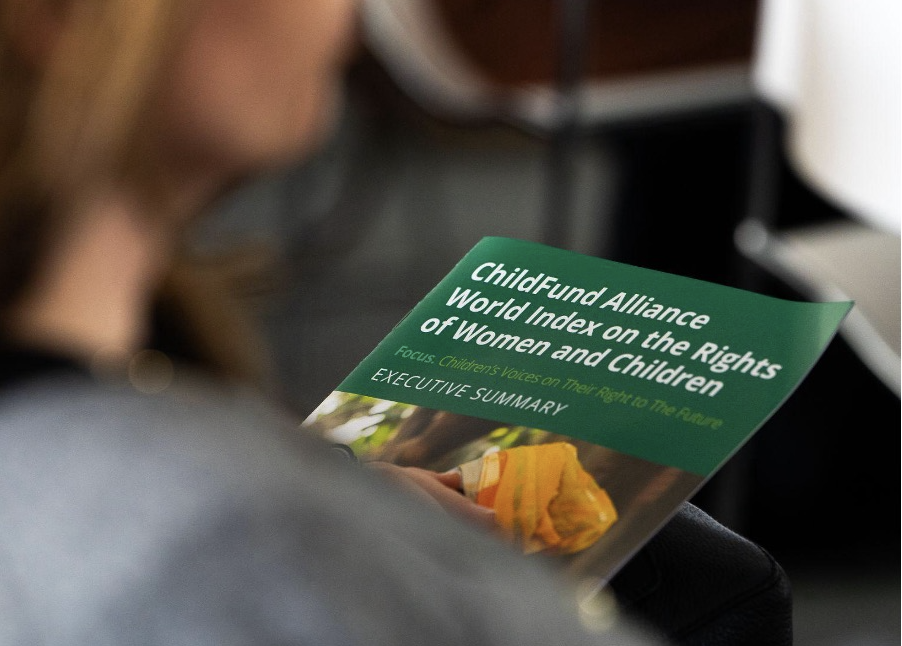The event brought together EU policymakers, humanitarian leaders, and representatives from civil society to explore concrete ways to protect the long-term rights of children. The discussion centered around the 2024 edition of the World Index on the Rights of Women and Children, which introduced the concept of the “right to the future” as a guiding principle for public policy.
Backed by a global consultation involving more than 10,000 children across 41 countries, the Index underscored a clear demand for access to education, protection from violence, and real participation in decisions that shape their lives.
“Too often, adults speak about children’s needs without involving us,” said a 13-year-old participant from Moldova.
“We want to be part of the change, not just watch it happen,” added another young attendee from Kenya.
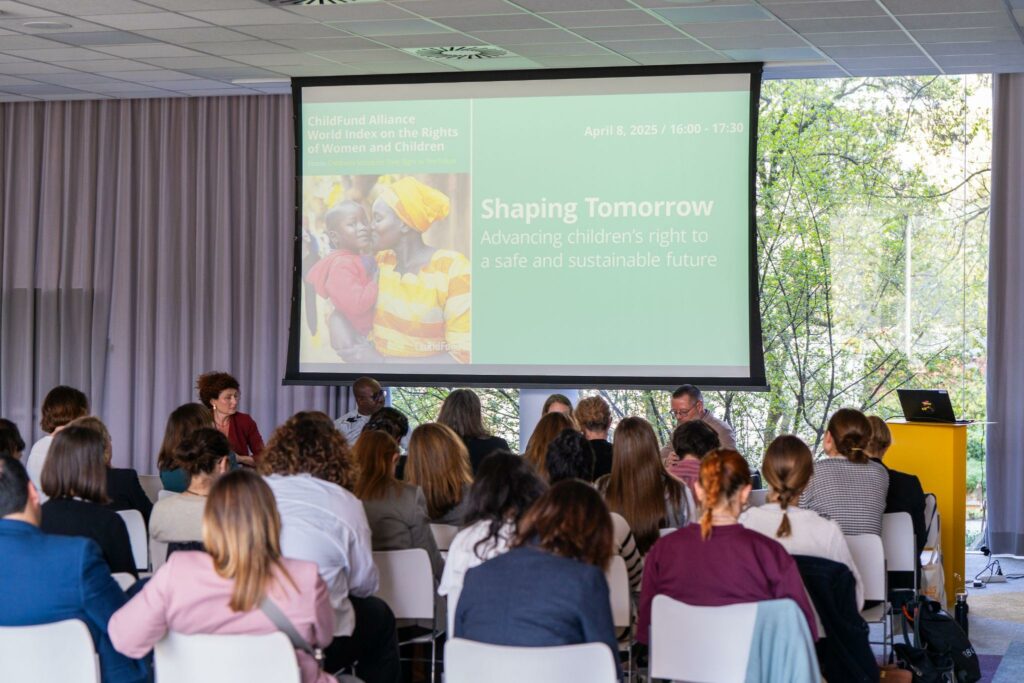
The Index also reveals a troubling decline in child participation mechanisms across regions, with only 1 in 5 countries providing a structured path for children to influence public policy.
Opening the event, Cecilia Strada, Member of the European Parliament, framed the right to the future as a comprehensive rights package that requires urgent action:
“A right to the future means the full package of human rights—not just the crumbs. We are living in one of the worst moments in history, a time that threatens millions of people. We must stand firm, and in the strongest possible way, to ensure that children have a deeply interconnected right to the future."
"No one can act alone—collective responsibility is essential. That’s why we need concrete actions that bring direct benefits to children. In this effort, NGOs are our most valuable partners—both for their work on the ground and for their policy expertise."
"International commitments must be translated into tangible benefits. We need to work together and build new alliances. Key words are: hope, safety, education, sustainability, and justice.”
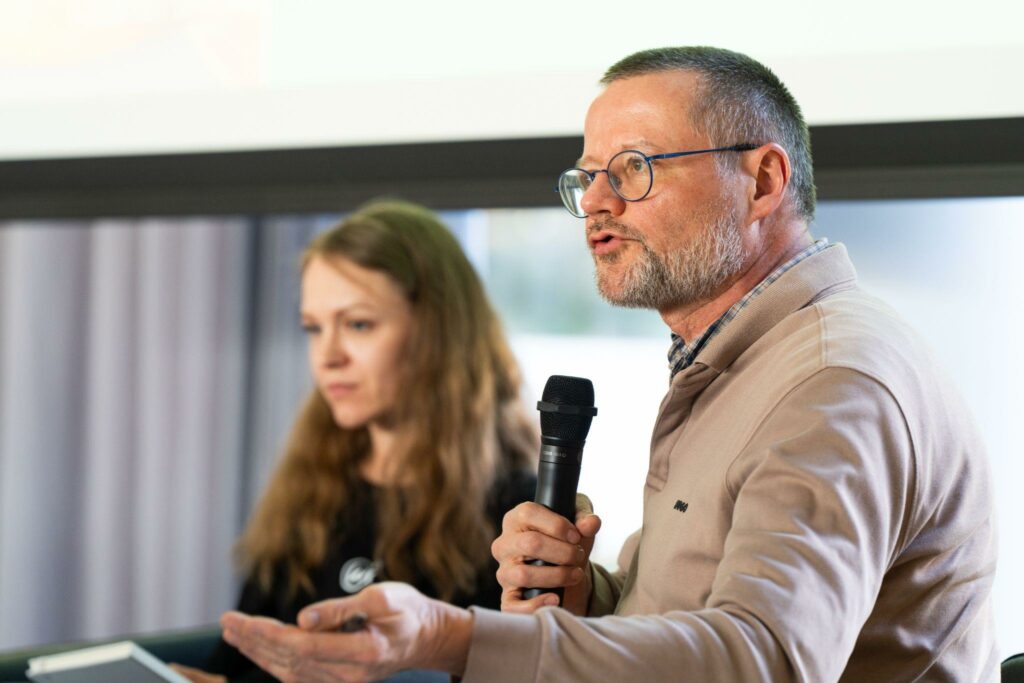
Dina Taddia, CEO of WeWorld, presented the Index and addressed the geopolitical and humanitarian challenges affecting children’s rights globally:
“We find ourselves at a very difficult moment, at a global level. This is undoubtedly going to influence the international development cooperation and humanitarian aid, and we are already witnessing it."
"Geopolitical tensions, the climate crisis, protracted conflicts, economic instability are all going to affect the most vulnerable people in the communities we are working with—especially women and children. “The systems, created many years ago to protect and promote human rights, are under attack."
Commenting on the Index’s global consultation, Taddia added:
“We want to amplify the voices of children and adolescents, who are still significantly underrepresented but the ones most affected by crises. People often talk about them, but they are not truly listened to."
"We hope that this participatory consultation can pave the way for a future where young people’s vulnerabilities, needs and hopes are finally heard—and where children are placed at the heart of action, not only by humanitarian organisations, but by the entire international community.”
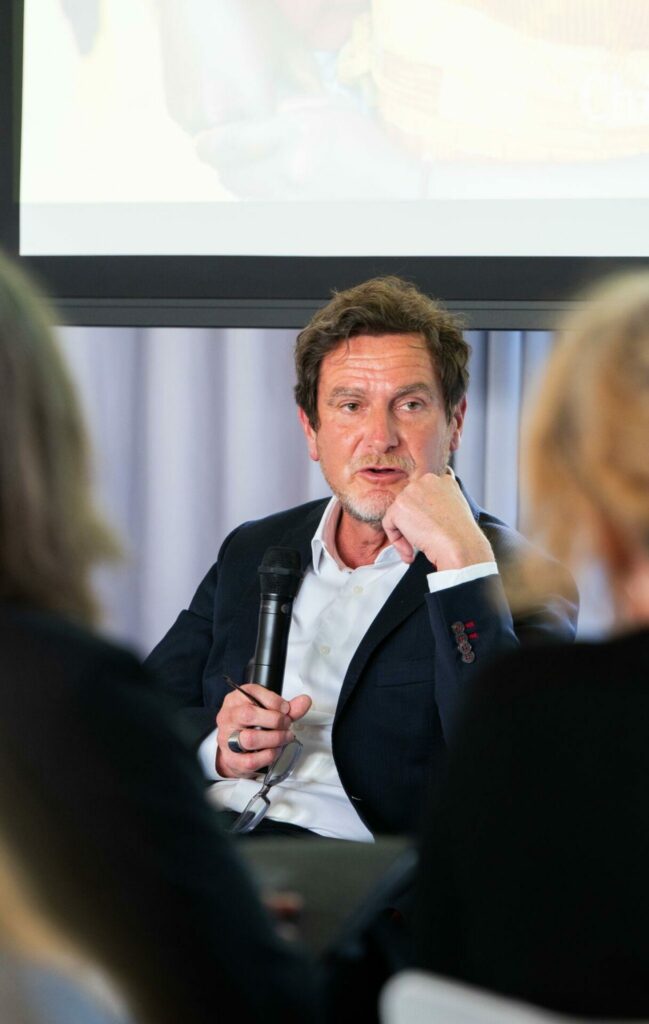
Meg Gardinier, Secretary General of ChildFund Alliance, reinforced the centrality of participation as a structural right:
“The 2024 World Index makes it undeniably clear. Children aren't merely recipients of aid; they are active agents in shaping their own futures."
"Our challenge now is to dismantle the barriers that prevent their meaningful inclusion in policy decisions. We must shift from seeing child participation as a 'nice-to-have' to recognizing it as a non-negotiable right.”
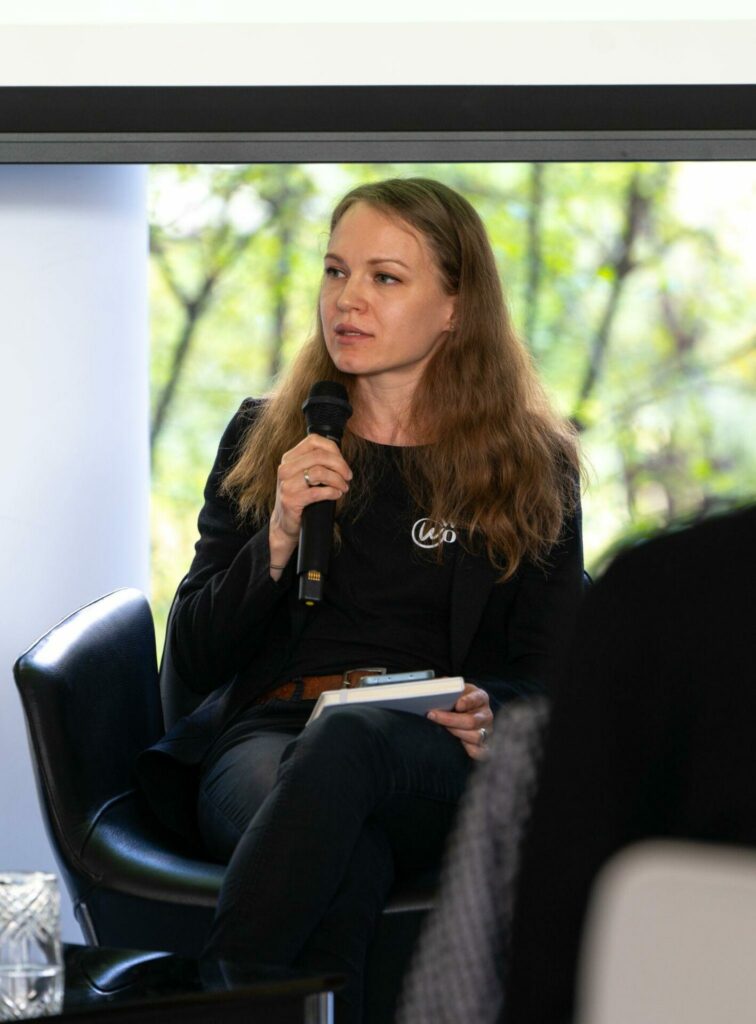
The event included a panel discussion with Edouard Junior Ndeye (Sahel Director, Educo), Elena Colesnicova (Community Center Coordinator in Chisinau, WeWorld), Enric-Sol Brines i Gómez (Head of the Spanish Agency for International Development Cooperation), and Benoit Van Keirsbilck (Executive Director of DCI-Belgium and member of the UN Committee on the Rights of the Child).
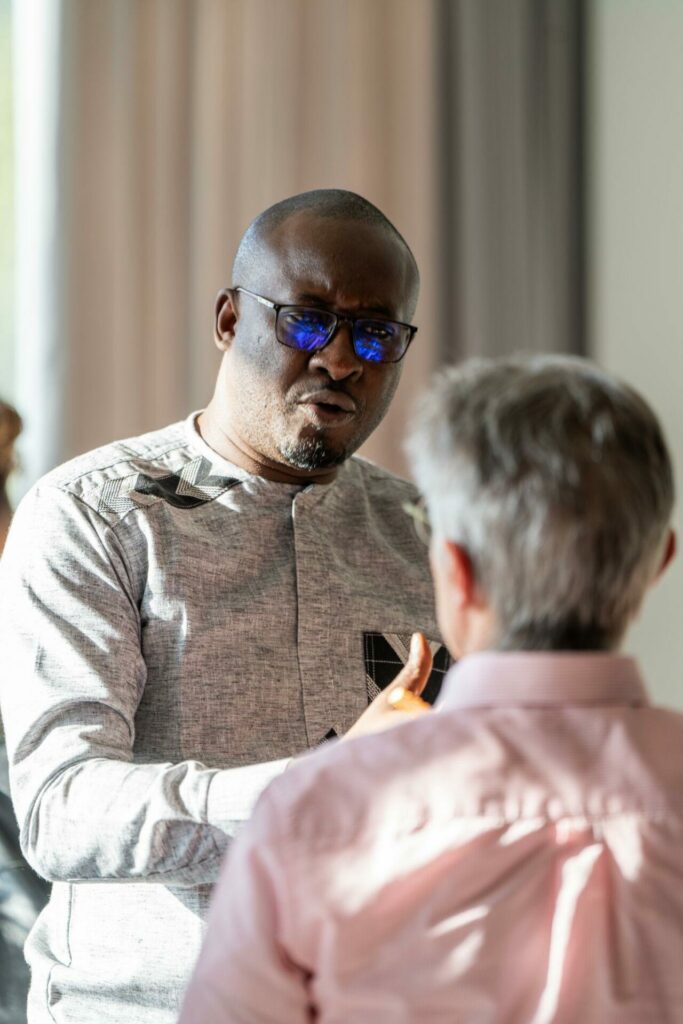
The day concluded with a call to action from Bertrand Bainvel, UNICEF Representative to the EU Institutions:
“Children’s participation must be integrated—not as an add-on, but as a foundation of serious policy.”
The event closed with the Joining Forces coalition reaffirming the need for structured, rights-based child participation in global development.
ChildFund Alliance, active in over 70 countries and supporting nearly 30 million children, continues to lead evidence-based advocacy that places children not at the margins—but at the center of policy.
“Children do not need protection from participation. They need protection through participation.”
(2024 World Index)
Resources:

